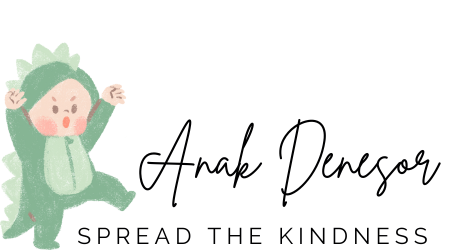Why book banning is bad
By anakdenesor - Disember 07, 2024
Book banning is a controversial practice with significant implications for society, culture, and individual freedoms. Here are key reasons why it is generally considered harmful:
1. Violation of Freedom of Expression
- Book banning infringes on the fundamental right to free speech and expression. It limits authors' ability to share their ideas and perspectives and denies readers the opportunity to access diverse viewpoints.
2. Censorship and Control
- Banning books is a form of censorship that often reflects the preferences of those in power. It can suppress minority voices, controversial ideas, or critical thinking that challenges the status quo, leading to a less informed and less free society.
3. Limiting Education and Growth
- Books expose readers to new ideas, cultures, and perspectives. Banning them restricts intellectual growth and critical thinking, depriving individuals of the opportunity to learn and form their own opinions.
4. Suppressing Diversity and Inclusion
- Many banned books address topics like race, gender, sexuality, and inequality. Removing these books from shelves can silence marginalized communities and erase their experiences from public discourse.
5. Encouraging Fear and Ignorance
- Book banning often arises from fear of challenging or uncomfortable subjects. This approach fosters ignorance and inhibits meaningful dialogue about important but difficult issues.
6. Historical Precedents of Oppression
- History shows that banning books is frequently associated with authoritarian regimes that aim to control knowledge and suppress dissent. Examples include Nazi Germany's book burnings or censorship in totalitarian states.
7. Counterproductive Outcomes
- Banning a book often draws more attention to it, increasing its readership. This phenomenon, known as the Streisand Effect, undermines the purpose of the ban and can make the censorship seem arbitrary or absurd.
8. Undermining Trust in Institutions
- When governments, schools, or libraries ban books, it can erode public trust in these institutions, making people question their fairness, inclusivity, and commitment to freedom.
In essence, book banning limits access to knowledge, silences diverse voices, and undermines the foundational principles of free thought and expression, which are essential for a thriving, democratic society.
There is a different between a book banned and book challenge as below:
A challenge is an attempt to remove or restrict access to materials or services based upon the objections of a person or group. A challenge to a title may result in access to it being retained, restricted, or withdrawn entirely. Restrictions on access may include relocating the book to a section of the library intended for an older age group than the book is intended for, labeling it with a prejudicial content warning or rating, taking it out of the online catalog so it has to be requested from a staff member, removing it from open and freely browsable stacks, or requiring parental permission to check it out.
Challenges do not simply involve people expressing their point of view, but rather are an attempt to remove materials from curricula or libraries, thereby curtailing the ability of others to access information, views, ideas, expressions, and stories. A formal challenge leads to the reconsideration of the decision to purchase the material or offer the service. This process is governed by a board-approved policy and includes review of the material as a whole to assess if it is aligned with the library or school's mission and meets the criteria delineated in its selection, display, or programming policy (as applicable).
A book is banned when it is entirely removed from a collection in response to a formal or informal challenge.
Any reduction in access to library materials based on an individual or group's believe that they are harmful or offensive is an act of censorship. ALA does not consider weeding of an item based on criteria defined in a library or school district's policy to be a ban, nor do we characterize a temporary reduction in access resulting from the need to review materials to be a ban.
* information from American Library Association (ALA)








3 comments
salam hujung minggu
BalasPadambuku2 yg menyelewang akidah patut diharamkan...
BalasPadamThank you for posting about such an important topic! Book bans are wrong and absolutely suppress minority voices. It is a shameful practice. Thank you again for speaking out <3
BalasPadam